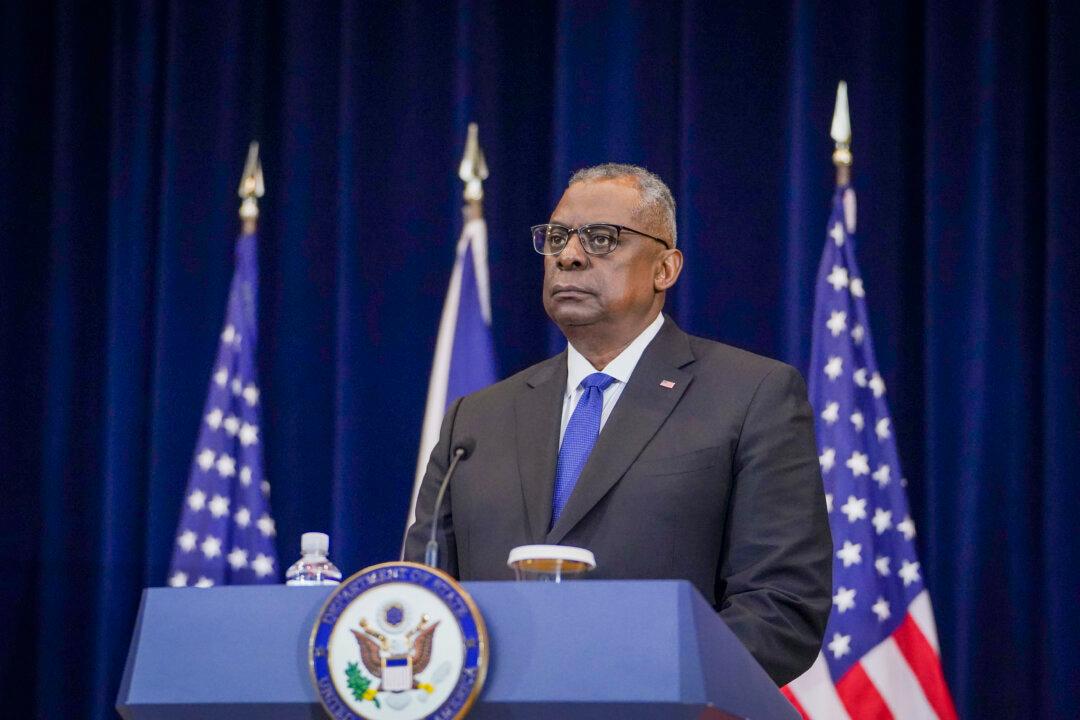The Pentagon has failed for the sixth year in a row to get a passing grade on its accounting systems that track $3.8 trillion in military assets, an independent audit shows.
“Things are showing progress, but it’s not enough,” Mike McCord, the Defense Department’s (DOD’s) chief financial officer, told reporters at a Nov. 15 briefing.





